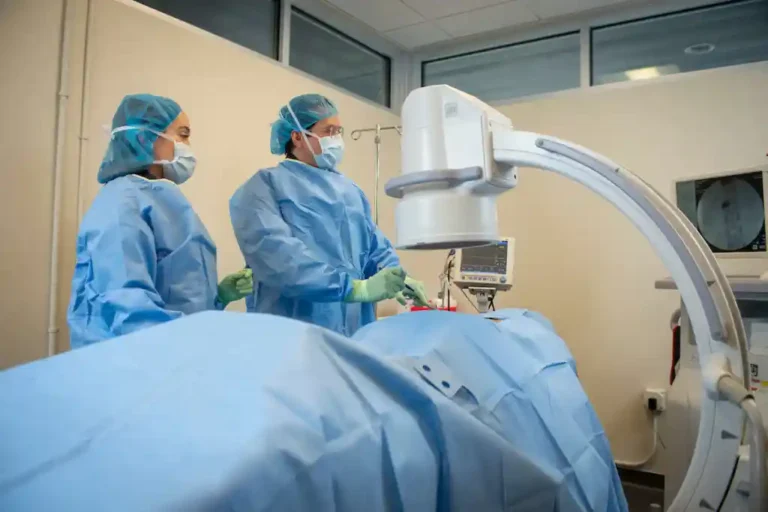Imagine this. There’s a patient on the table, eyes fluttering with nervous anticipation. Under your steady hand and focused gaze, lives are changed, and lives are saved. The world of neurosurgery isn’t for the faint-hearted. It demands precision, dedication, and a comprehensive set of skills. If you ever come across a situation like a Roswell pinched nerve, time is of the essence and every move matters. This blog will highlight the essential skills that every neurosurgeon must possess.
Manual Dexterity and Endurance
Operating on the brain or spinal cord isn’t a sprint. It’s a marathon. Neurosurgery requires hours of careful, deliberate maneuvers. Steady hands and the stamina to maintain focus could mean the difference between a successful surgery and a catastrophic outcome.
Attention to Detail
Imagine a world smaller than the eye can see, where millimeters matter. That’s where a neurosurgeon works. Missing a tiny blood vessel or misplacing a stitch can lead to severe consequences. The ability to focus on minute details while maintaining an understanding of the larger picture is crucial.
Problem-Solving Skills
A patient presents with a unique set of symptoms. Maybe it’s a Roswell pinched nerve, maybe it’s something else. The ability to interpret these signs, form a diagnosis, and create an effective treatment plan can only come from excellent problem-solving skills.
Emotional Resilience
Neurosurgery isn’t just physically demanding. It takes an emotional toll as well. You’ll see patients at their most vulnerable, and families at their most afraid. The ability to remain composed, to provide comfort when needed, and to carry the weight of decision-making are all part of the job.
Interpersonal Skills
Neurosurgeons don’t work in a vacuum. They’re part of a larger team of nurses, anesthesiologists, and other specialists. Effective communication with this team, as well as with the patient and their family, is key to ensuring a high level of care.
In conclusion, the world of neurosurgery isn’t just about having a steady hand or a sharp mind. It’s about the heart. It requires a combination of technical skills, mental resilience, and emotional strength. It’s about dedication to your craft, to your team, and most importantly, to your patients.
